A diver glides over an expanse of bone-white coral branches, recording the fish that dart between the ghostly arms extending from the sea floor off the Thai island of Koh Tao.
Nannalin Pornprasertsom is one of a growing number of scuba divers learning conservation and citizen science techniques as coral reefs experience a fourth global bleaching event.
After a two-week course in Koh Tao, the 14-year-old can identify coral types, carry out reef restoration, and help scientific research on coral health by recording the color and tone of outcroppings at dive sites.
"It's just something that I can do that will have a good consequence for the environment," Nannalin, who has been diving since she was 12, told AFP after a series of dives. "I want to help the reef."
And she is not alone.
The Professional Association of Diving Instructors -- better known as PADI, one of the world's leading dive training organizations -- says conservation certifications jumped over six percent globally from 2021-2023.
This year, it is launching a major shark and ray census, harnessing its network of divers to collect data that will shape protection policies.
On Koh Tao, Black Turtle Dive offers courses on everything from how to properly "dive against debris" -- collecting marine plastic or stranded fishing nets -- to coral restoration techniques.
"There's an increased awareness," said Steve Minks, a certified conservation instructor at Black Turtle. "There's a lot of bleaching going on and there's a lot of concern about the marine environment."
Coral polyps are animals that depend on algae to provide most of their food. These algae also generally give the reef its color.
But when the sea is too warm, the polyps expel the algae. The reef turns white and the coral begins to starve.
Coral bleaching has been recorded in more than 60 countries since early 2023, threatening reefs that are key to ocean biodiversity and support fishing and tourism globally.
The death spiral is everywhere in the waters of the Gulf of Thailand around Koh Tao.
Worst affected are branching species that grow quickly, but are also less resilient.
If water temperatures come down, they will have a chance at recovery. But for now, their spectral stems are even visible from the surface, glimmering through the aquamarine water.
"I was not ready for that much bleaching, it's quite an impact," admits instructor Sandra Rubio.
The 28-year-old says bleaching and other marine degradation are driving divers to take her conservation courses.
"People want to start learning because they see these kinds of changes," she told AFP. "And even if they don't really understand why, they know it's not good."
She walks students through how to identify species, including soft coral. Wave at it, she explains, mimicking wiggling a hand in the water, and wait to see if it "waves back".
The skills taught at Black Turtle and other dive shops are not simply theoretical.
Artificial coral reefs are dotted around Koh Tao, actively rebuilding marine habitats.
And Nannalin's data on coral health is part of Coral Watch -- a global citizen science project that has produced numerous research papers.
"What we're doing is collecting data for scientists so they can actually work with governments and authorities," explained Minks.
On a sunny afternoon on Koh Tao, a boat carries a starfish-shaped rebar structure designed by schoolchildren out to sea, where it will become Global Reef's latest coral restoration project.
Since it was founded two years ago, Global Reef has transplanted around 2,000 coral colonies, with a survival rate of about 75 percent, said Gavin Miller, the group's scientific program director.
"It's not really going to maybe save coral reefs globally... but what it does do is have a very, very large impact locally," he said. "We have snappers returning. We have resident puffer fish."
Global Reef also hosts interns who are training artificial intelligence programs to identify fish in 360-degree videos for reef health surveys, and collaborates regularly with the dive school next door.
And they are studying the surprising resilience of some local coral to persistently high temperatures.
"These might be sort of refuges for coral," explained Miller.
This year's bleaching has left many marine enthusiasts despondent, but for conservation divers on Koh Tao, it is also a call to arms.
"In the previous generations, we didn't have this research and education that we have now," said Nannalin. "I think people my age should make the most of it and try their best to reverse the things that have already been done."
The work also helps Rubio balance the sadness she feels at the changes below the water.
"It's not like we are going to change things from one day to another, but we are doing our best, and that is the best feeling," she said. "I'm working every day to do something good for the environment and for the reef that I love."
© 2024 AFP
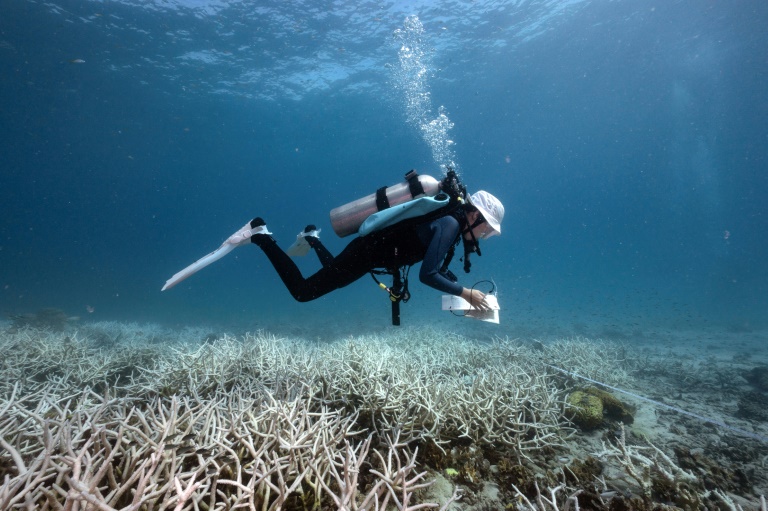

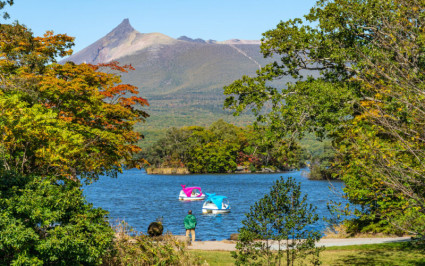
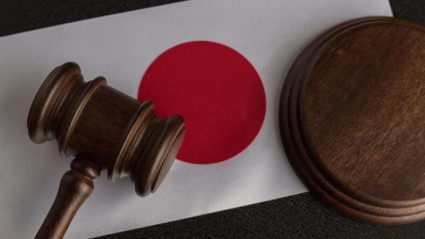

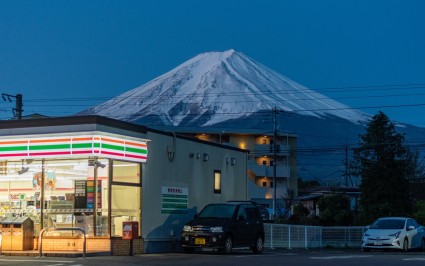







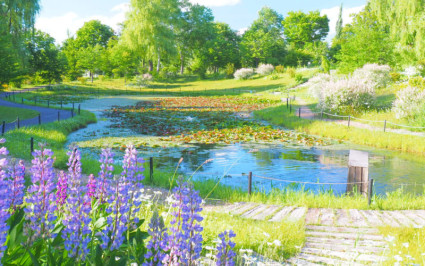
9 Comments
Login to comment
Moonraker
Despairing.
Look, we prepared this beautiful planet for your arrival and look at what you are doing to it. Are you agents of life? Or agents of death? Until you become conscious, you are the latter.
Moonraker
You can even teach animals not to foul their own living quarters and some know not to do that themselves, even naturally without training, but humans are collectively too stupid to learn and too dumb to think. Who are the people who imagine that ransacking your own living room is fine?
Moonraker
It's not happening. I don't wanna hear it. I will put my fingers in my ears and waggle my tongue around noisily. It's great that there are occasional stories of people who really care about and even love life though.
NB
Another recent article in JT, related to the pertinent general subject, reported about a runaway melting of Antarctic ice sheets. It cannot be denied that the bleaching of the corals is caused by the rapid warming up of the oceans.
The denial of the climate crisis is stupid and suicidal. Our knowledge of physics and system theory tells us that in the wake of the inputs inserted by humans the climate system has become nonlinear and unstable. This system is full of malignant positive feedback loops that push it away from equilibrium. There are no stabilizing mechanisms whatsoever that can keep the climate system in equilibrium. But there is no need to be an expert: The rapid rise in temperature and humidity is visible to the naked eye. The catastrophic loss of our planet and the ultimate extermination of humanity are very near. But there still exists a remedy: Moving away from energizing ourselves from petroleum and carbon, and moving on to a new era of energizing ourselves from the sun's radiation and from heavy nuclei. That is easy to do, and should have been done a long time ago. However, there are powerful social forces that fight vehemently against this simple and obvious cure and against the attempt to salvage the planet and the human race. These enemies of the planet claim that moving to modern transportation based on electricity will ruin our society. But these petroleum lords and advocates do not explain how can the usage of efficient, economical, high performance and enjoyable electric cars ruin our society. What society will remain when the temperature rises to hundreds of degrees Celsius and the oceans boil and become steam?
/dev/random
You should at least remove this unbridled nonsense from your copy&paste essay.
NB
I do not think that my opinion is nonsense. But even if it were, the freedom of expression allows to express various opinion, correct or not, nonsense or not. You are entitled to state your own opinion, and I should be entitled to state mine. I will continue to warn against the climate crisis as long as this crisis is being ignored and deinied, and is not being addressed.
TokyoOldMan
Japan Divers are the worst for Coral care - I know that from experience here.
Gloves tend to be worn here, why ? So that they can grab ahold of something, rather than learning buoyancy control.
Now I'm not saying that the Japan Diving scene is the reason for the loss of the local Coral reefs, there's many other factors involved, however, a bit more education is required.
/dev/random
And that right there is the difference: Your prediction isn't.
Noone theorizes about boiling oceans, noone forecasts Earth's oceans turning to steam.
Noone.
NB
When my prediction materializes, no one will be there to see and acknowledge it.
I am not the only one who understands the grave consequences of the continuation of the greenhouse process. But other people are intimidated, and do not say their mind, because the denial of the climate crisis is very fierce and dominant.